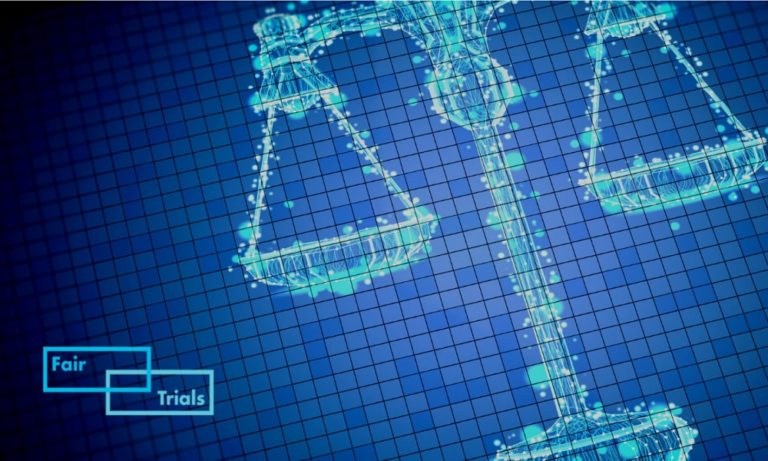In today’s rapidly evolving legal landscape, criminal lawyers are increasingly integrating Artificial Intelligence (AI) tools into their practice. This powerful technology has the potential to revolutionize the field of criminal law, from case research to client interactions and even court presentations.
- Case Research and Predictive Analysis: One of the most significant impacts of AI in criminal law is in the realm of research. Traditionally, lawyers spend hours combing through legal databases, case laws, and statutes to prepare their arguments. Today, AI-powered platforms can scan vast amounts of legal data in seconds, identifying relevant precedents, anomalies, or patterns that might have been overlooked by human eyes. Furthermore, some tools can even predict the possible outcome of a case based on the patterns identified in previous rulings, thereby guiding lawyers in framing their strategies.
- E-discovery and Data Management: In criminal cases, especially those involving white-collar crimes, electronic data becomes paramount. Extracting, reviewing, and analyzing this data can be tedious. AI tools, through e-discovery, can swiftly sift through thousands of emails, documents, and other digital records to pinpoint relevant evidence. This not only saves time for criminal lawyer Oakville and elsewhere but also ensures that no critical piece of evidence remains hidden in the voluminous digital maze.
- Client Interactions and Chatbots: The initial stages of legal consultations often involve addressing generic queries or collecting basic information. AI-driven chatbots, equipped with machine learning, can facilitate these preliminary discussions. They can answer routine questions, schedule appointments, and gather initial details, freeing up lawyers to focus on more intricate aspects of a case.
- Court Presentations and Visualizations: AI doesn’t just assist behind the scenes; it’s also making its way into the courtroom. Lawyers are using AI tools to create compelling visualizations and simulations based on collected data. This visual aid can help juries and judges understand complex arguments more clearly, potentially swaying the outcome of a case.
- Ethical Considerations: While the benefits of AI in criminal law are evident, it’s essential to address the ethical concerns it raises. Reliance on AI predictions can inadvertently introduce biases, especially if the underlying algorithms are fed biased data. There’s also the risk of over-reliance on AI recommendations without critical human oversight. The legal fraternity must address these concerns, ensuring that while AI aids the process, human judgment remains at the core of legal decisions.
In Conclusion: The integration of AI in criminal law holds great promise for enhancing efficiency, precision, and even the quality of legal representation. As with all technological advancements, it’s a tool — its efficacy and ethical implications largely depend on how it’s wielded. Criminal lawyers, as they adopt AI, must strike the right balance between technology and the timeless principles of justice and fairness.

